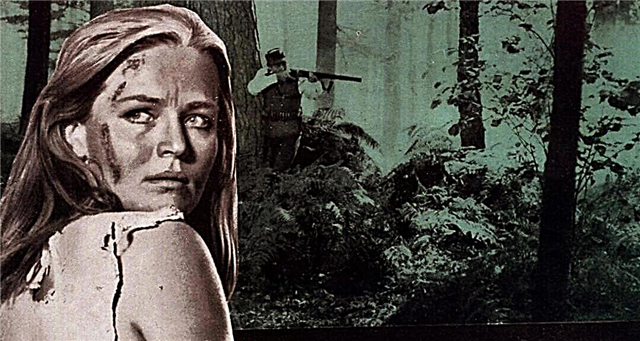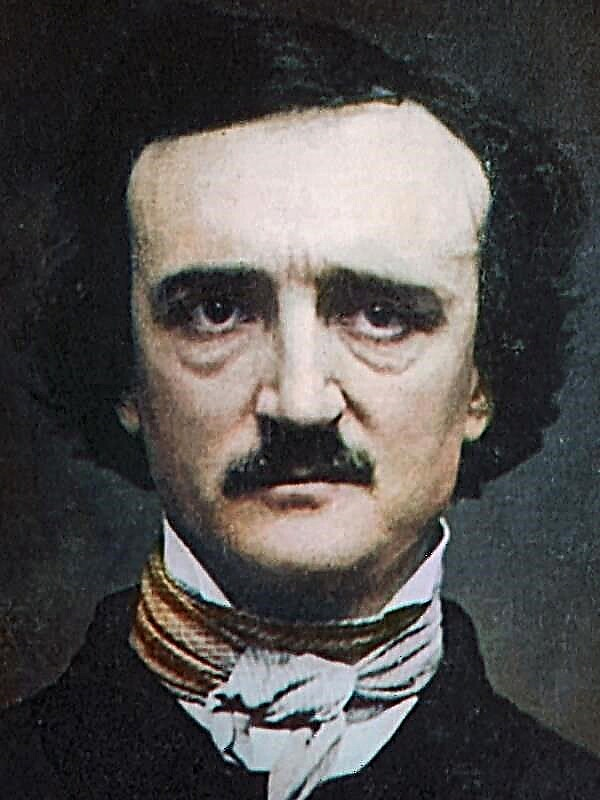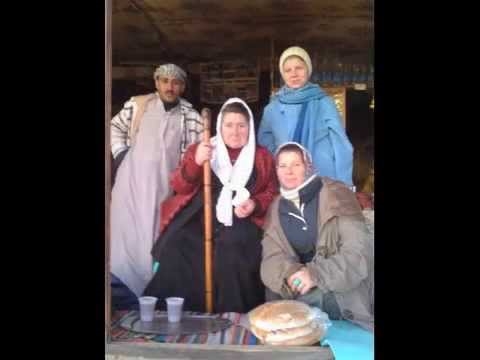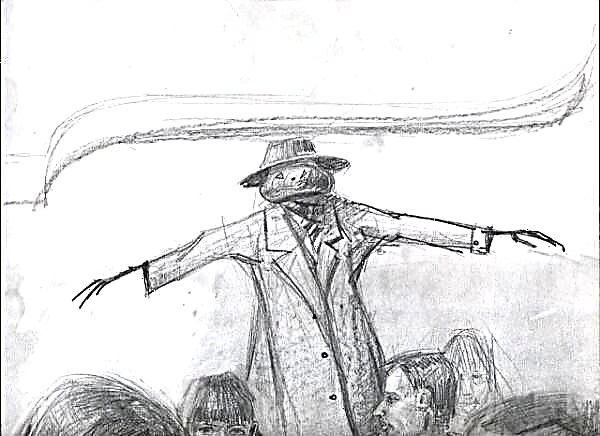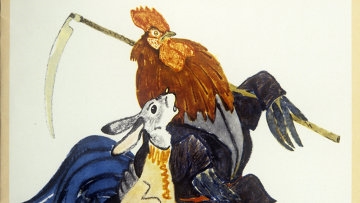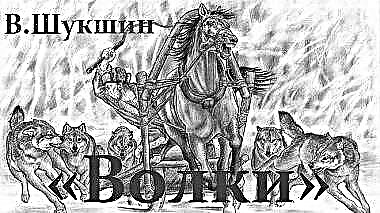The poem left over is believed to be unfinished and augmented later.
The mighty demon Taraka, whom Brahma once bestowed with undeniable power for the ascetic feats accomplished by him, frightens and humiliates the heavenly gods, so even their king Indra is forced to pay him a tribute. The gods pray to Brahma for help, but he cannot help in any way their fate and only predicts that soon a son will be born to Shiva, who is the only one able to crush Taraka. However, Shiva does not yet have a wife, and the gods intend him to marry him the daughter of the king of the mountains of Himalayas Parvati, at whose birth the earth was showered with flower rain, portending the blessings of the whole world, illuminating with his face all sides of the world, combining everything that is beautiful on earth and in the sky.
To win the love of Shiva, Parvati goes to his monastery on Mount Kailash, where Shiva indulges in severe asceticism. Seeking his location, Parvati devotedly takes care of him, but, immersed in deep self-contemplation, Shiva does not even notice her efforts, is passionless and indifferent to her beauty and helpfulness. Then the god of love Kama comes to help her, armed with a bow with flower arrows. With his arrival, spring blooms in the snow-covered mountains, and only the abode of Shiva is alien to the exultation of nature, and God himself remains motionless, silent, deaf to the spring charm, and to the words of love addressed to him.Kama tries to pierce the heart of Shiva with his arrow and melt his cold. But Shiva instantly burns it with the flame of his third eye. Beloved Kama Rati weeps bitterly over the handful of ash left by her husband. She is ready to commit suicide by raising a funeral pyre, and only a voice from heaven announcing to her that Kama will be reborn as soon as Shiva finds the happiness of love, keeps her from fulfilling her intention.
After burning Kama, dejected by the failure of his efforts, Parvati returns to his father's house. Complaining about the powerlessness of her beauty, she hopes that only mortification of the flesh will help her achieve her goal. Dressed in a rough dress made of bast, eating only the rays of the moon and rainwater, she indulges, like Shiva, a severe austerity. After some time, a young hermit comes to her and tries to dissuade her from the exhausting asceticism, which, in his words, is not worthy of the cruel Shiva repelling with her indifference and ugliness. Parvati in indignation answers with passionate praise to Shiva, the only one to whom her heart and thoughts belong. The stranger disappears, and Shiva himself appears, the great god himself, who took the form of a young hermit in order to experience the depth of feelings of Parvati. Convinced of her devotion, Shiva is now ready to become her loving spouse and servant.
He sends the matchmakers to the father of Parvati Himalayas seven divine sages - rishis. He appoints a wedding on the fourth day after their arrival, and the bride and groom joyfully prepare for it.Brahma, Vishnu, Indra, the sun god Surya take part in the wedding ceremony, celestial singers - gandharvas announce it with wonderful singing, and decorate the heavenly virgins - apsaras with enchanting dance. Shiva and Parvati ascend to the golden throne, the goddess of happiness and beauty Lakshmi overshadows them with the heavenly lotus, the goddess of wisdom and eloquence Sarasvati pronounces a skillfully composed blessing.
Parvati and Shiva spend their honeymoon in the palace of the king of Himalayas, then go to Mount Kailasa and, finally, retire to the wonderful forest of Gandhamadan. Patiently and gently teaches Shiva the shy Parvati the art of lovemaking, and in love joys for them, one and only one night pass one hundred and fifty seasons, or twenty-five years. The birth of Kumara, the god of war, also known as Skanda and Karttikeya, should be the fruit of their great love.


